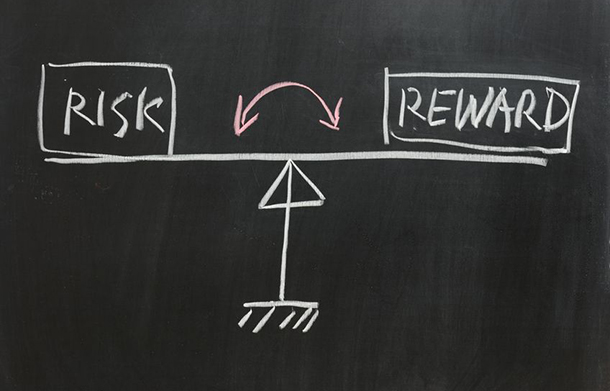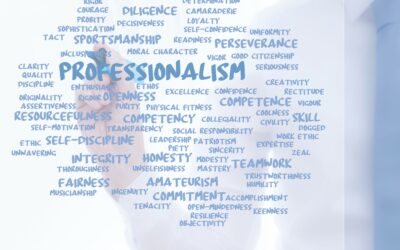West of Kilkenny, in the heart of southern Ireland, is the little town of Galmoy, the birthplace of my great-grandmother, Mary McCormack. Years ago, during a visit to the Emerald Isle, my wife and I journeyed to the small thatch-covered home where Gandy, as we called her, was born.
Other than her thick Irish brogue, my memories of Gandy are vague. She died when I was 10 years old. Yet as I peered through the windows of the humble little dwelling, I felt strangely connected to her. I was moved with the profound recognition that, at great personal cost, had she not taken the risks that she took, I would not exist.
Mary McCormack was 17 years old when, from the bow of a steamship headed for America, she waved goodbye to her mother and father. She would never see them again.
My great-grandmother’s big risk, though courageous, was by no means unique in our family. Her husband, my great-grandfather, himself a Norwegian immigrant, took on the risky profession of a New York cop. Later, my paternal grandfather took the risk of opening a business, an Esso station in Pelham, N.Y. Even the relationship of my parents was the result of a small, but ultimately enduring risk. They met on a blind date. Like all families, and like humanity itself, my family is connected through a long lineage of risks taken.
Throughout the ages, the most basic problem shared by all people is knowing which risks to take, and which to avoid. Although the experience of struggling with a risk decision is both universal and unavoidable, the way each of us goes about deciding which risks to take is highly personal. Each of us takes risks for our own reasons and rationale. When faced with a risk, each of us is left to answer for ourselves this simple, but profound, risk-discerning question: Is this the right risk for me?
Risks that are right for us may seem absurdly dangerous and completely unnatural to the spectator, making it difficult for them to support us. But when a risk is right for us, the real harm comes in letting it pass us by. Every risk can be split in two, the risk of action and the risk of inaction, and both have consequences. Had my great-grandmother stayed safe and sound in the sleepy little town of Galmoy, for example, she may have pleased her parents, but she would have had to carry the lifelong burden of a stillborn dream.
It is a mistake to think that Right Risks are danger-free. “Right” is not a function of safety, it is a function of compatibility. The Right Risk for you may be entirely wrong for someone else. “Right” is in the eye of the beholder. I am sure that young Mary McCormack was viewed by some as crazy, perhaps even disloyal, for leaving home. But because Right Risks are organic to our own life, the unnatural act becomes the most natural choice for our own progression. With all the runaway irrationality of eloping lovers, when a risk is right for us, we won’t let reason get in the way of passion.
Regardless of how unnatural or absurd they may seem to the outsider, Right Risks are those that are in our life’s best interest. To say “yes” to a Right Risk is to promote your own development. Thus, when faced with a major risk, accurately answering the question “Is this the Right Risk for me?” becomes critically important to our life’s progression.
What Right Risks are you facing in your personal or professional life? What risks would seem absurd to others, but for you would be dangerous not to take? What Right Risks is your life waiting for you to take? To risk or not to risk, that is always the question!
Contact Giant Leap Consulting about our risk-taking workshop, Walking the Fine Line of Risk, and learn more about all of Giant Leap Consulting’s leadership programs here: https://www.giantleapconsulting.com/services/leadership-development/



